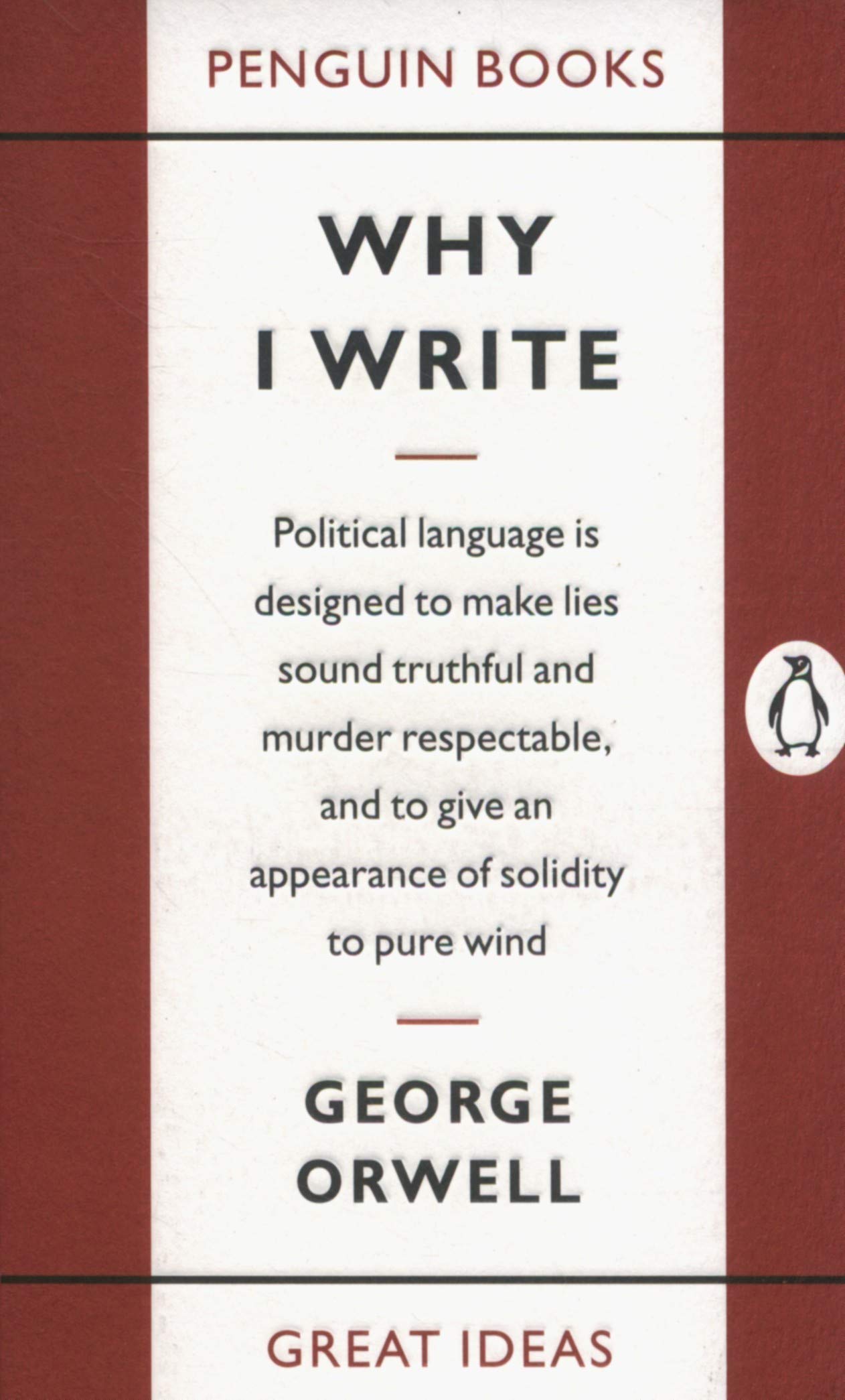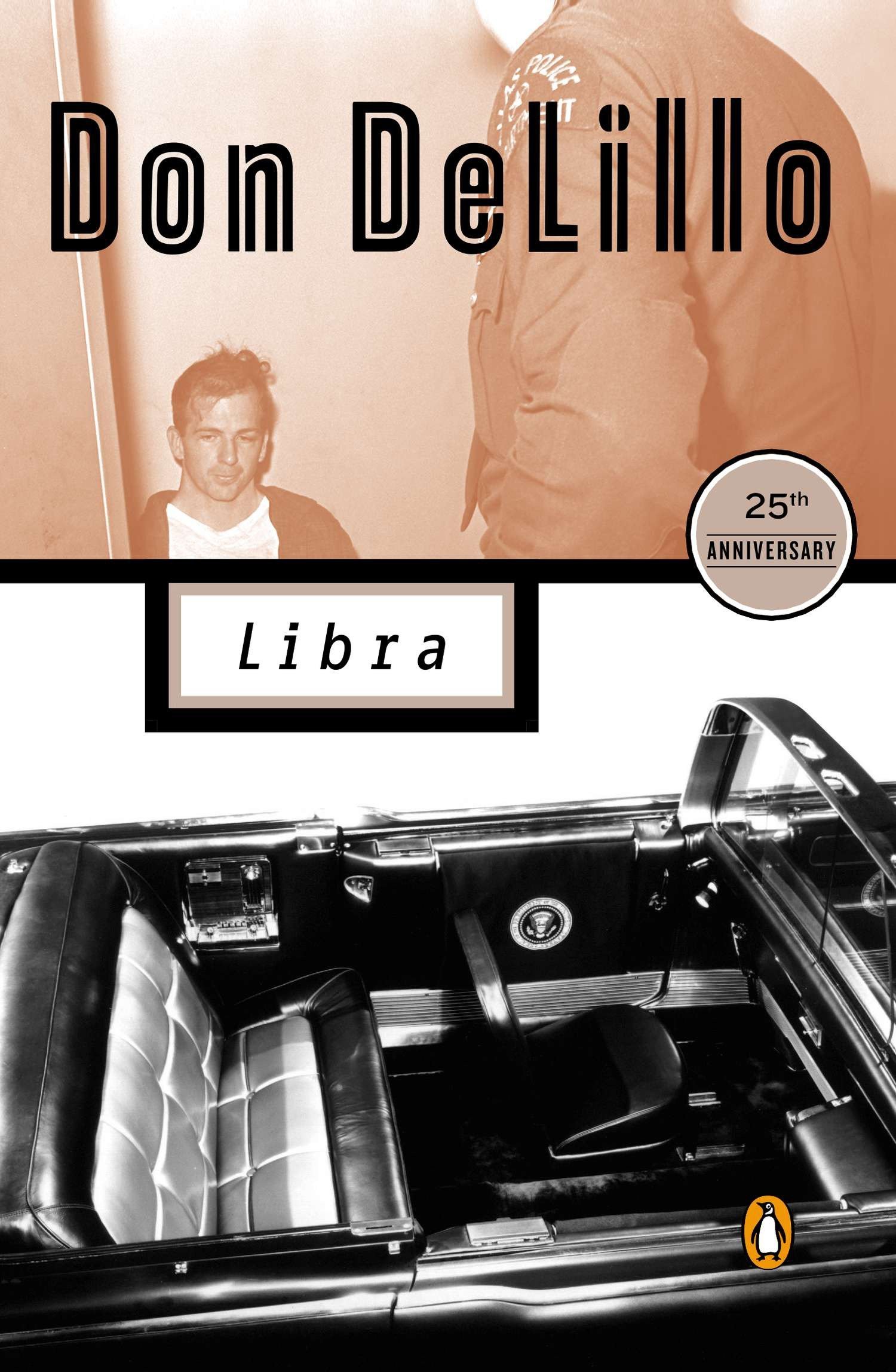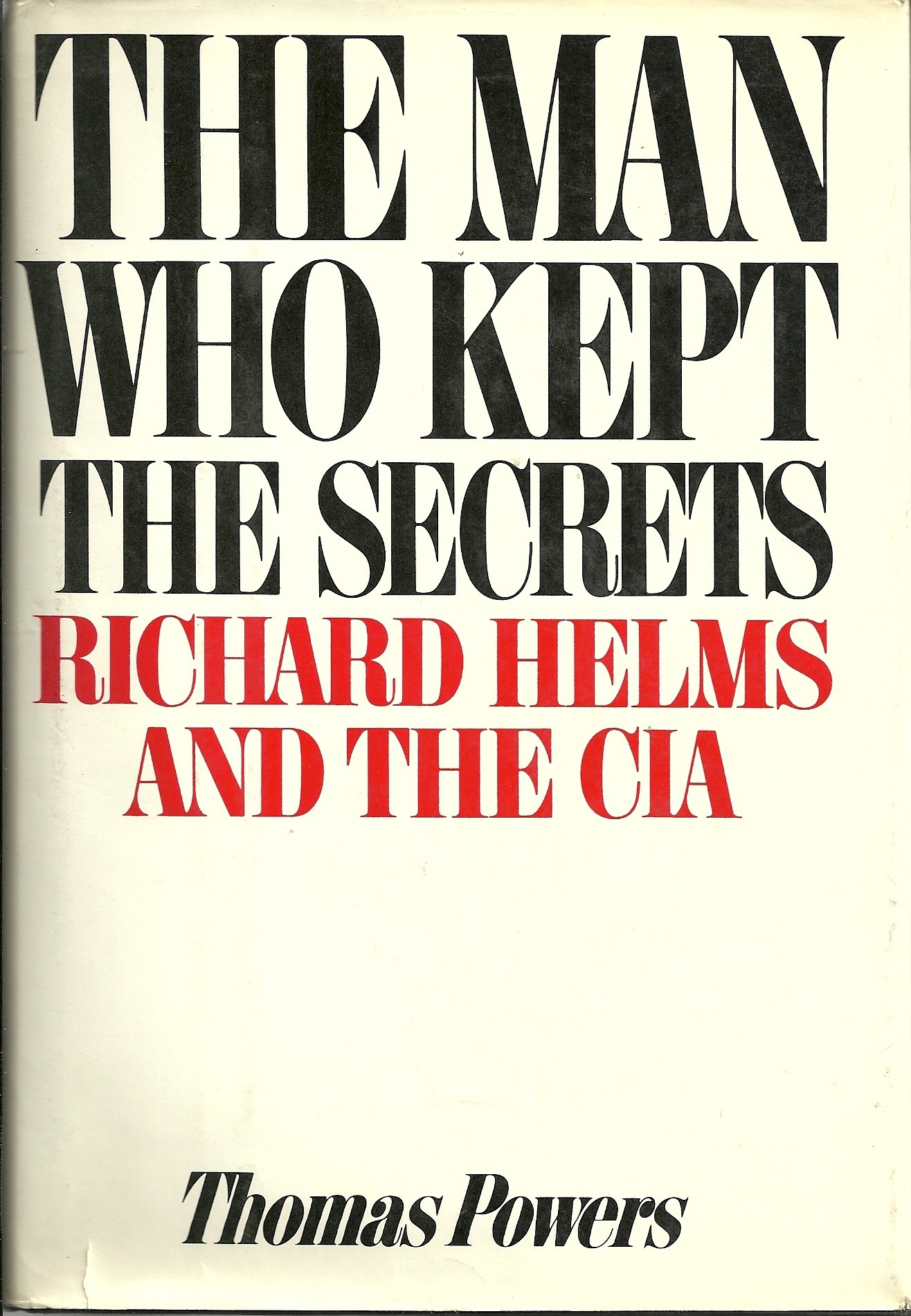6 book recommendations from Tim Weiner
The Pulitzer Prize-winner recommends works by George Orwell, Barbara Tuchman, and more
A free daily email with the biggest news stories of the day – and the best features from TheWeek.com
You are now subscribed
Your newsletter sign-up was successful
Tim Weiner is a Pulitzer Prize–winning reporter and the author of Legacy of Ashes, a history of the CIA that won the National Book Award. The Folly and the Glory, his new book, examines Moscow and Washington's rivalry since 1945.
Eat the Buddha by Barbara Demick (2020).

Demick is an exceedingly rare combination of fearless journalist and soul-stirring writer. The breathtaking degree of difficulty in reporting that was required to create this book about a remote Tibetan town is excelled only by the power and precision of her prose. This and her book on North Korea, Nothing to Envy, are masterworks that will be read 100 years from now.
The Week
Escape your echo chamber. Get the facts behind the news, plus analysis from multiple perspectives.

Sign up for The Week's Free Newsletters
From our morning news briefing to a weekly Good News Newsletter, get the best of The Week delivered directly to your inbox.
From our morning news briefing to a weekly Good News Newsletter, get the best of The Week delivered directly to your inbox.
Why I Write by George Orwell (2005).

Turn to this Penguin collection of Orwell's essays for "Politics and the English Language," which proves more vital than ever in the age of Trump: "Political language is designed to make lies sound truthful and murder respectable, and to give the appearance of solidity to pure wind."
Dog Soldiers by Robert Stone (1974).

The great Vietnam War novel takes place almost entirely in America. The war comes home in the form of a kilo of pure heroin. The wave of the '60s surges and crests in the '70s. It breaks. And it swamps the land with blood, sweat, and tears. Stone was our Conrad, the master of the political novel, taking the thriller into the astral plane.
A free daily email with the biggest news stories of the day – and the best features from TheWeek.com
The March of Folly by Barbara Tuchman (1984).
Why did the Trojans take in that horse? How did Renaissance popes provoke the Protestant secession? And why were we in Vietnam? Folly. Self-deception. The deliberate pursuit of policy against self-interest. This book is a key to understanding why history, as Edward Gibbon wrote, is "little more than the register of crimes, follies, and misfortunes of mankind."
Libra by Don DeLillo (1988).

DeLillo's keyboard is like Thelonious Monk's — the rhythms, the triads, the backbeats, and bent notes. Libra delves into the black hole of American history: the JFK assassination. A retired CIA analyst reviews the secret files and sees no conspiracies, only blind fate and chance. Probably the greatest American novel of my lifetime.
The Man Who Kept the Secrets by Thomas Powers (1979).

The first real history of the CIA: scrupulously fair-minded, utterly brutal, and a model for Legacy of Ashes. I devoured Powers' book when I was 24, and I resolved that I would become a reporter who covered the CIA. Seven years later, I was.
This article was first published in the latest issue of The Week magazine. If you want to read more like it, you can try six risk-free issues of the magazine here.
-
 The ‘ravenous’ demand for Cornish minerals
The ‘ravenous’ demand for Cornish mineralsUnder the Radar Growing need for critical minerals to power tech has intensified ‘appetite’ for lithium, which could be a ‘huge boon’ for local economy
-
 Why are election experts taking Trump’s midterm threats seriously?
Why are election experts taking Trump’s midterm threats seriously?IN THE SPOTLIGHT As the president muses about polling place deployments and a centralized electoral system aimed at one-party control, lawmakers are taking this administration at its word
-
 ‘Restaurateurs have become millionaires’
‘Restaurateurs have become millionaires’Instant Opinion Opinion, comment and editorials of the day